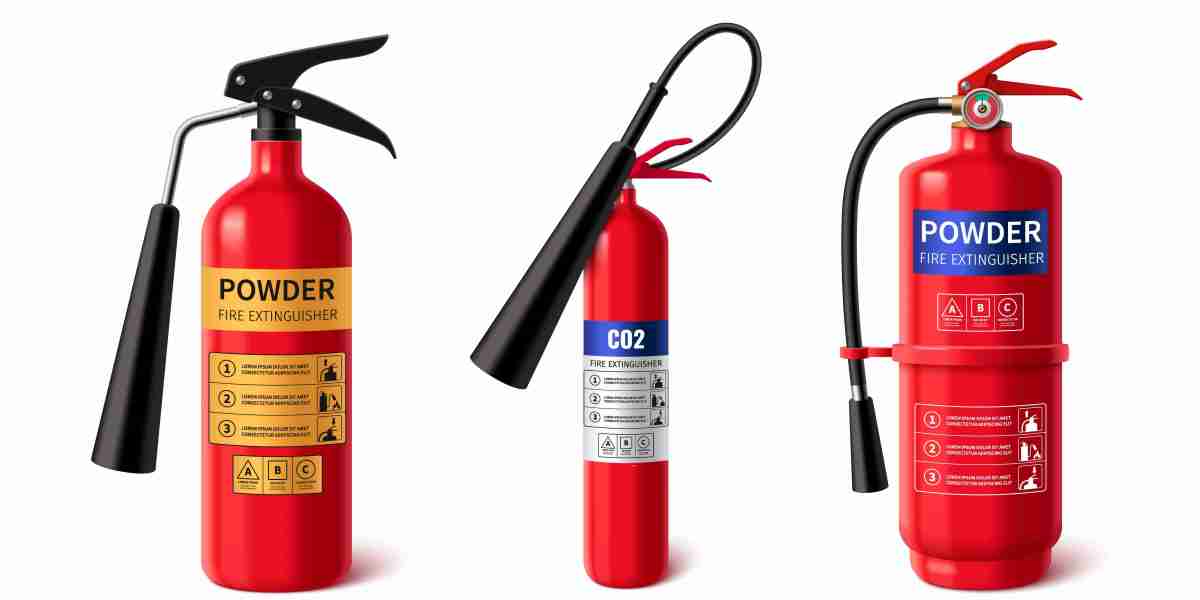1. Restaurants and Commercial Kitchens
Commercial kitchens are high-risk areas due to the large amounts of heat, grease, and flammable materials present. Fire suppression systems designed specifically for kitchens can rapidly suppress grease fires, which are the leading cause of kitchen fires. Wet chemical suppression systems are commonly used in this industry to protect cooking equipment, exhaust hoods, and ventilation systems. Without a fire suppression system, a small kitchen fire can quickly escalate into a large-scale disaster.
2. Industrial Manufacturing
Manufacturing facilities, especially those involved in metalworking, woodworking, and chemical production, often use machinery and equipment that can generate sparks or heat, leading to fire hazards. Commercial fire suppression systems are essential in these environments to protect equipment, personnel, and the building itself. These systems use dry chemical agents or CO2 to quickly extinguish fires before they can cause significant damage.
3. Data Centers and Server Rooms
Data centers house sensitive and costly equipment, such as servers, networking systems, and backup systems, which are vulnerable to fire damage. Clean agent fire suppression systems, such as FM-200 or Inergen, are used in these environments because they suppress fires without causing harm to the electronics. Fire suppression systems in data centers must be installed to quickly detect and extinguish fires while preserving the integrity of vital equipment.
4. Hospitals and Healthcare Facilities
Hospitals and healthcare facilities contain large amounts of medical equipment and supplies, which could be compromised in the event of a fire. Additionally, the safety of patients and staff is of utmost concern. Commercial fire suppression systems in these settings need to be effective and fast, while ensuring minimal disruption to healthcare operations. Wet or clean agent systems are typically used in critical areas such as operating rooms, patient care areas, and medical storage.
5. Warehouses and Distribution Centers
Warehouses and distribution centers store large quantities of goods, often including flammable materials such as chemicals, textiles, or paper products. Fire suppression systems in these facilities are essential for preventing fire from spreading across vast areas. In some cases, sprinkler systems combined with fire extinguishing agents like CO2 or foam are installed to control fire risks effectively.
6. Chemical Processing Plants
Chemical plants involve the handling of volatile substances that can ignite easily under certain conditions. Commercial fire suppression systems in chemical plants are designed to handle high-risk fire scenarios. These systems use a variety of suppression agents, including CO2, dry chemicals, or foam, to mitigate fire risks and protect workers, equipment, and products.
7. Oil and Gas Industry
The oil and gas industry is another sector with significant fire risks, particularly with equipment and processes that involve high heat, pressure, and flammable materials. Fire suppression systems in oil and gas facilities must be robust and capable of handling large, intense fires. Systems like foam-based or CO2 suppression are ideal for extinguishing fires in these environments.
8. Automotive Industry
Automotive factories and repair shops are filled with high-temperature equipment, fuel, and chemicals, making them prone to fires. Commercial fire suppression systems help mitigate these risks by quickly extinguishing fires before they escalate. These systems are often combined with automatic sprinkler systems to cover both the fuel sources and sensitive equipment.
Conclusion
Many industries, particularly those with high fire risks such as restaurants, manufacturing plants, data centers, and chemical plants, benefit from installing commercial fire suppression systems. These systems provide critical protection by detecting and suppressing fires quickly, minimizing damage, and ensuring the safety of employees, assets, and the business. Implementing a fire suppression system tailored to the specific needs of the industry can save lives and prevent costly damage in case of a fire emergency.




